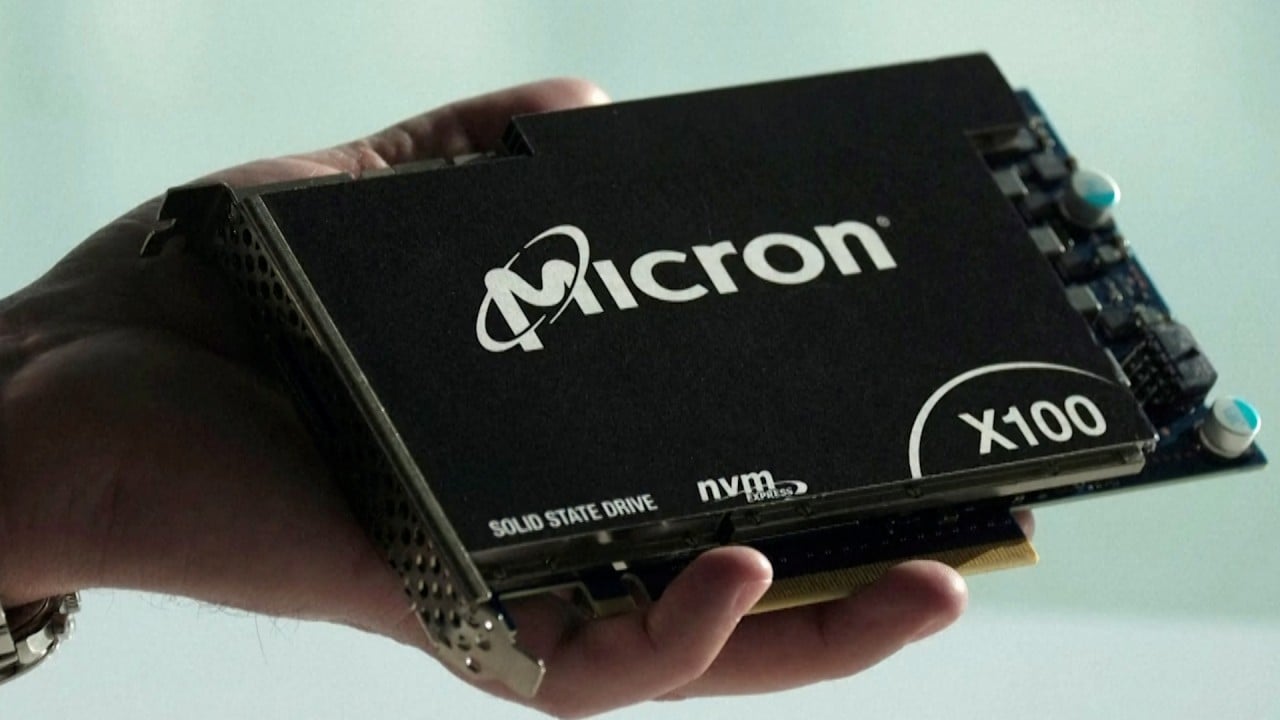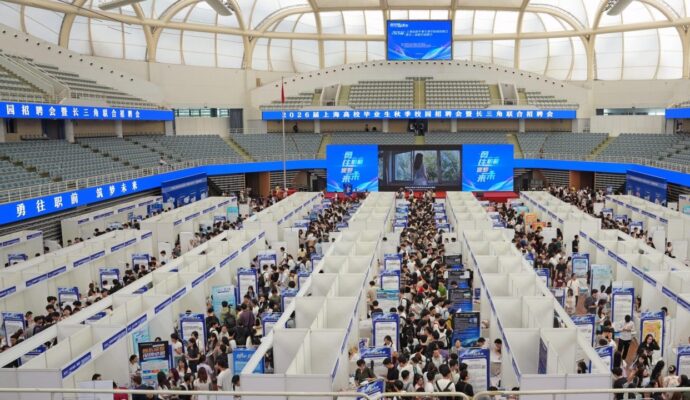But Congress – that boisterous, other branch of the US government – has been more of a check on the Biden administration since the Republicans took control of the House of Representatives after last year’s midterm elections.
Advertisement
‘Limited’ fallout expected from Biden’s investment curbs on China’s quantum tech
‘Limited’ fallout expected from Biden’s investment curbs on China’s quantum tech
Advertisement
Are US tech curbs the end of the road for better relations with China?
Are US tech curbs the end of the road for better relations with China?
The House committee doesn’t limit itself to matters normally managed by the commerce, state and defence departments.
Advertisement
And when hearings aren’t enough to force Biden to take a harder tack against China, there are laws Congress can pass with comfortable vetoproof majorities.
Advertisement
China lashes out at US ‘double standards’ at the WTO
China lashes out at US ‘double standards’ at the WTO
Advertisement
The law seeks to give Congress a say in further agreements that the Biden administration’s Office of the US Trade Representative intends to strike under his US-Taiwan Initiative on 21st Century Trade. It also requires the passage laws to enable the implementation of such agreements.
In a more explicit example of Biden’s reluctance, he released a statement immediately after signing, asserting the right to decide what the administration is obliged to share with Congress.
Stay tuned to see how that turns out.
60-Second Catch-up
Deep dives
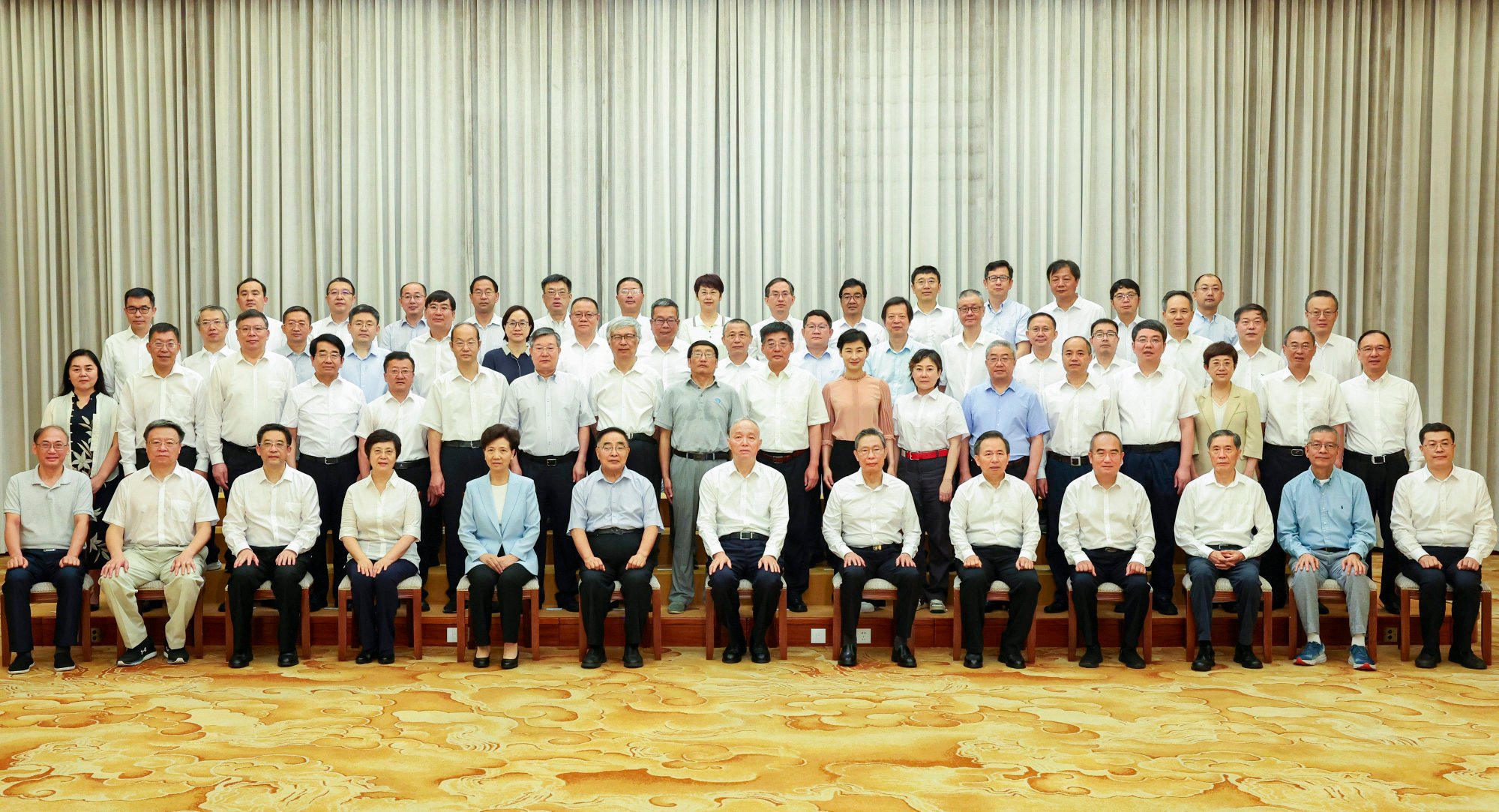
AI, superconductor experts joined Chinese summer leadership retreat in Beidaihe
Theme of the annual gathering was ‘high-level scientific and technological self-reliance’, according to state media
Qiao Hong, whose area is brain-inspired robotics, vowed to carry out ‘original work’ to serve the country’s strategic needs
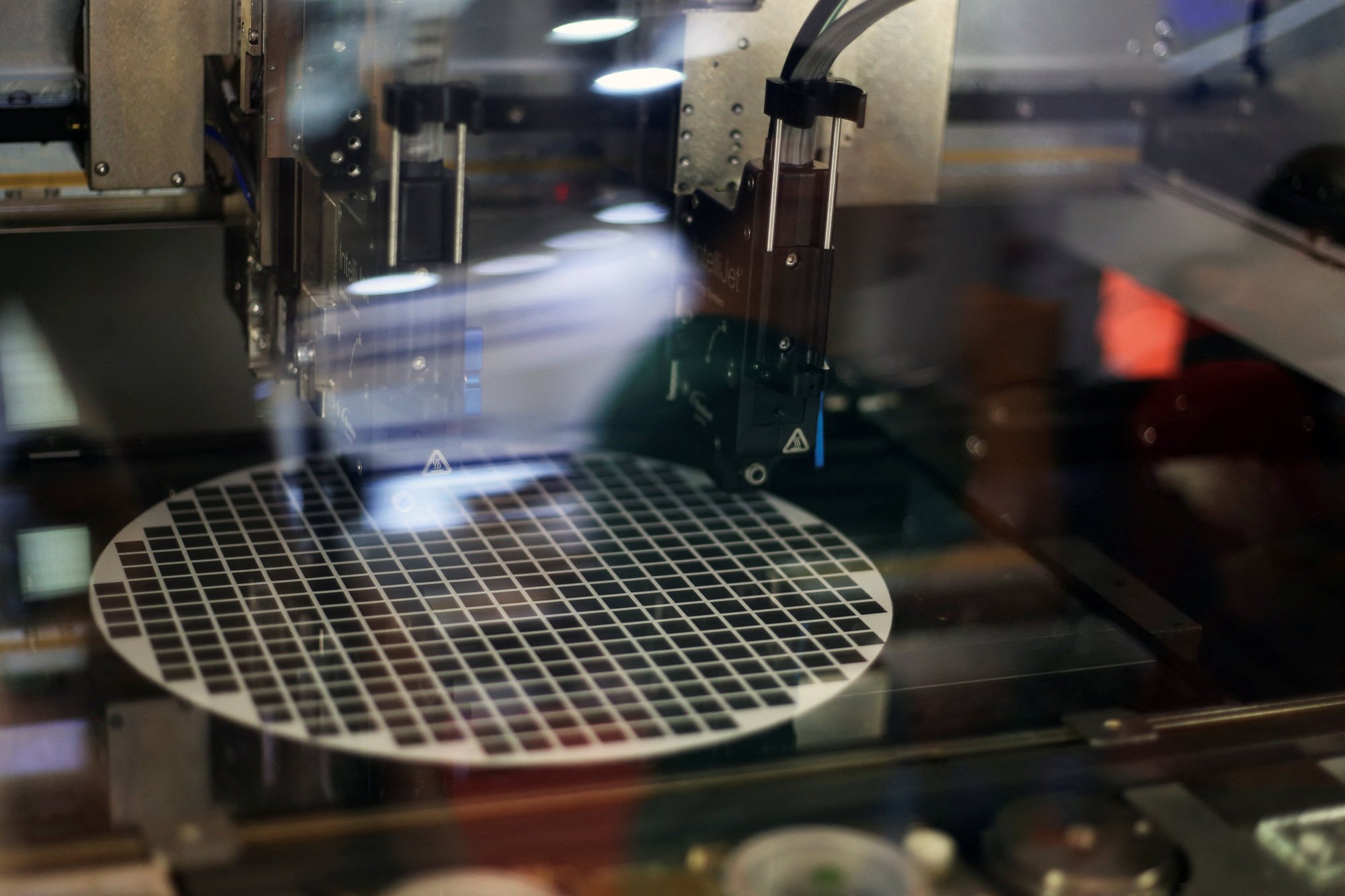
China’s chip-making tool industry unites behind self-sufficiency drive but huge challenges remain
Representatives from hundreds of chip equipment firms are attending the China Semiconductor Equipment Annual Conference 2023
Chinese chip-making tools and components makers have stepped up to try and fill the gap posed by tough US trade sanctions
China’s chip-making capabilities remain highly reliant on imported parts for key semiconductor equipment, with even mature processes not completely free of US sanctions, according to industry experts attending a chip-manufacturing tool event in the country.
Representatives from more than 600 Chinese semiconductor equipment companies including Naura Technology Group, Advanced Micro-Fabrication Equipment, and US sanctions-hit Shanghai Micro Electronics Equipment (SMEE) were in attendance at the three-day China Semiconductor Equipment Annual Conference 2023, which kicked off on Wednesday in Wuxi, eastern Jiangsu province.
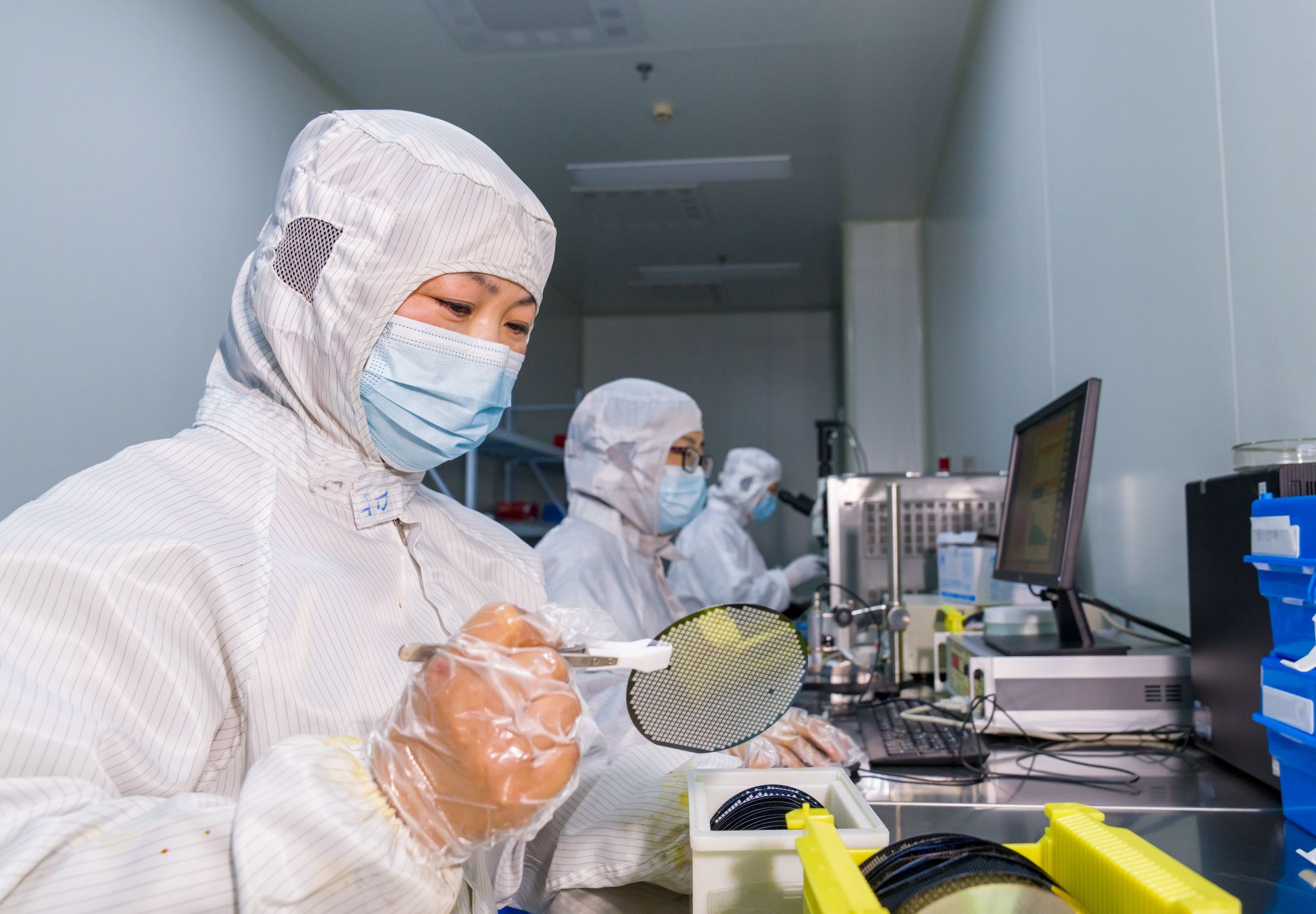
China’s chip imports fall 17 per cent by volume in first seven months amid ongoing tech war
The fall in IC import volume compared with an 18.5 per cent year-on-year drop in import volume in the first half
China imported 42.4 billion units of IC in July alone, up 2.6 per cent from a month earlier
China imported a total of 270.2 billion units of integrated circuits (IC) in the first seven months of 2023, down 16.8 per cent from the same period last year and showing a modest improving trend despite tougher trade restrictions imposed by the US and its allies.
The fall in IC import volume compared with an 18.5 per cent year-on-year drop in import volume in the first half, and a 22.9 per cent decline in the first three months.
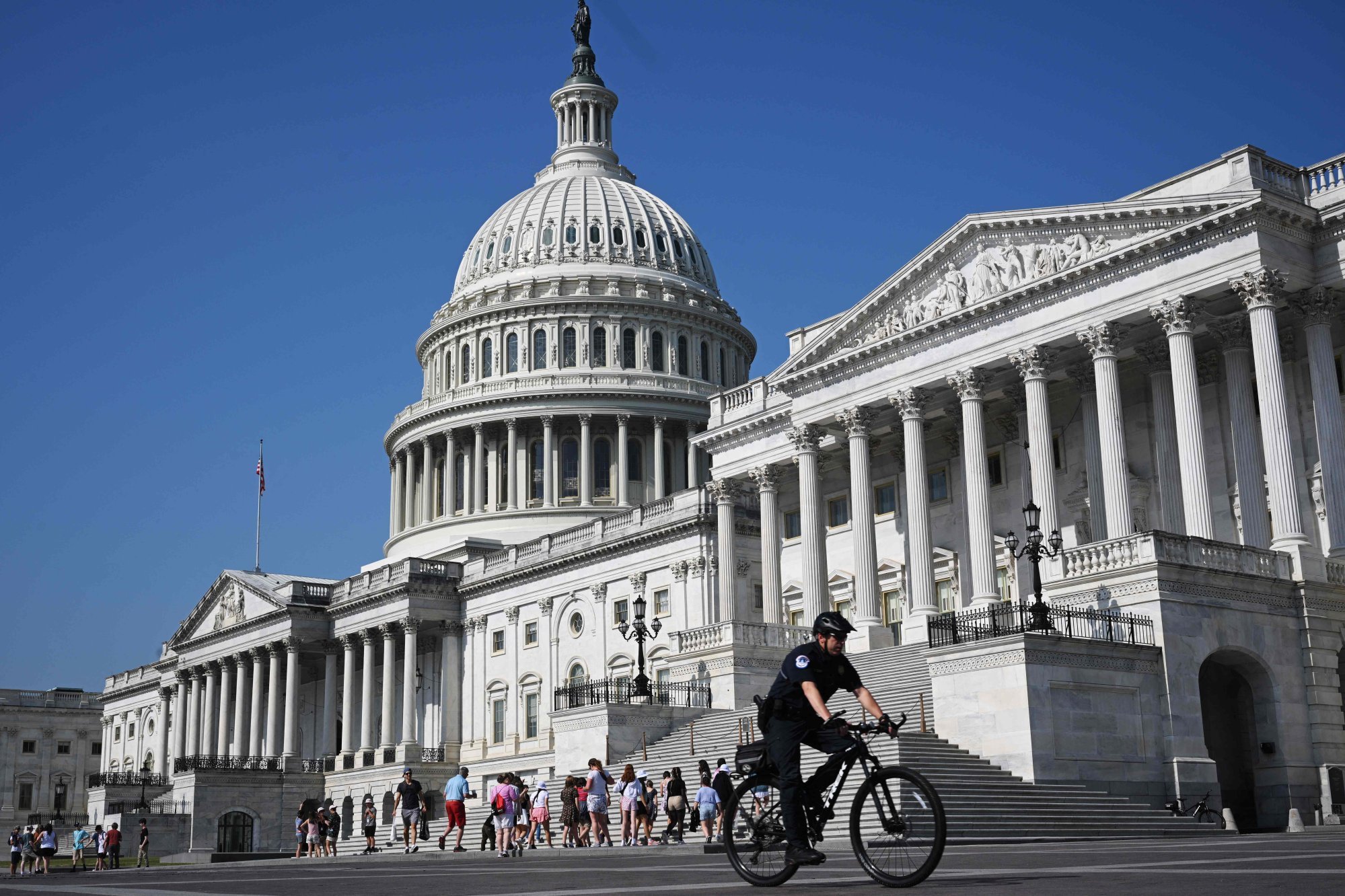
Divide grows in Washington over US-China trade, as hawkish bipartisanship starts to crack
At the latest hearing of the House select committee on China, Republicans argue for decoupling while Democrats contend the move would hurt American businesses
‘We’ve got to stop everything going to China; if we don’t they use everything against us,’ one panel member says
US lawmakers’ debate over how best to handle the US-China economic relationship was on full view at a congressional hearing on Thursday, with many Republicans arguing for a complete decoupling while some Democrats contended such a move would weaken American companies.
Representative Blaine Luetkemeyer, a Missouri Republican, took aim at Thea Rozman Kendler, assistant secretary of commerce for export administration, during her testimony before the House select committee on China.
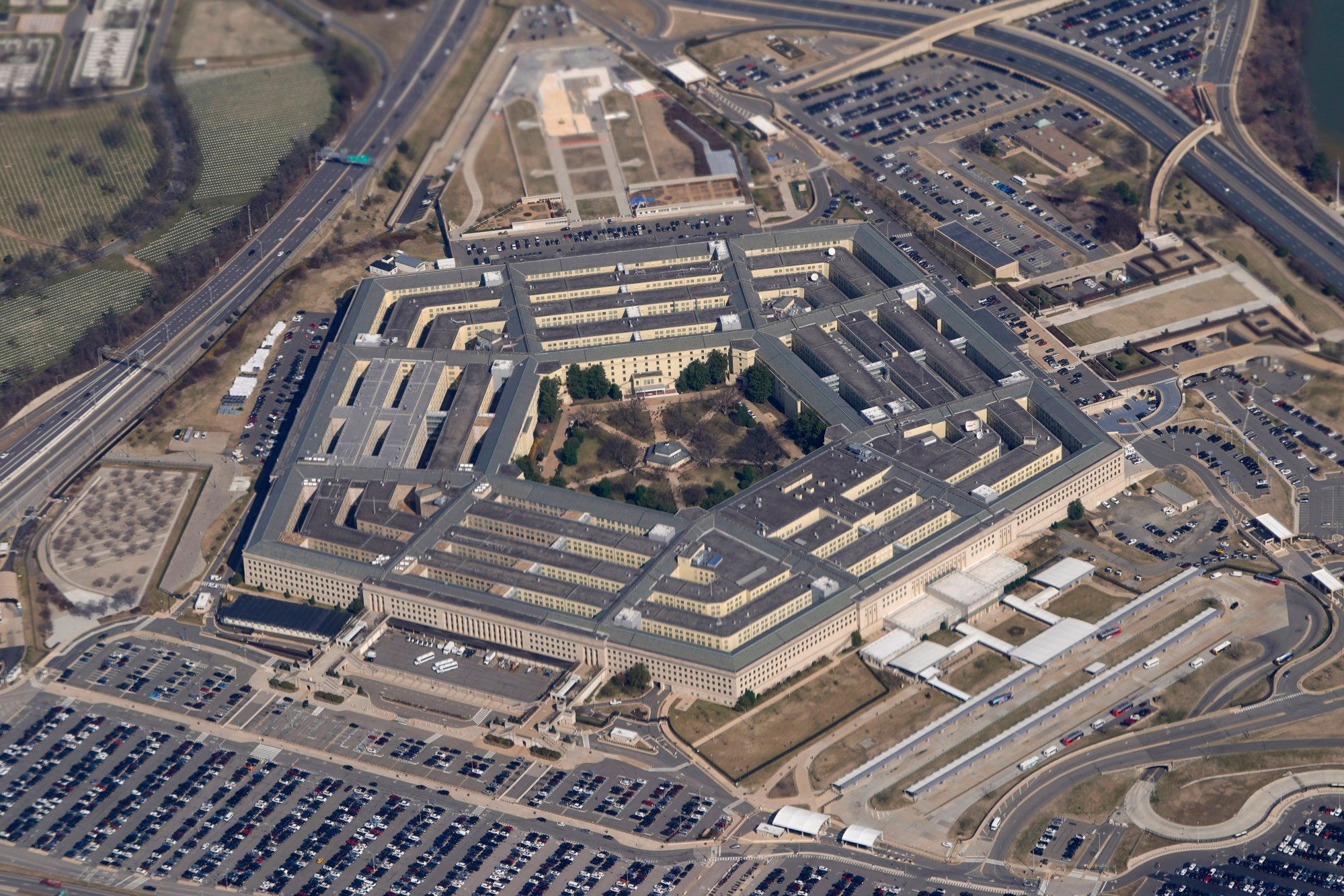
Pentagon creates generative AI task force
‘We must consider the extent to which our adversaries will employ this technology and seek to disrupt our own use of AI-based solutions,’ says new unit’s leader
Washington is increasingly wary of Beijing’s access to its AI technology for military use
The US has established its first generative artificial intelligence task force, the Pentagon announced on Thursday, amid fierce competition with China in the domain that is vital to future warfare.
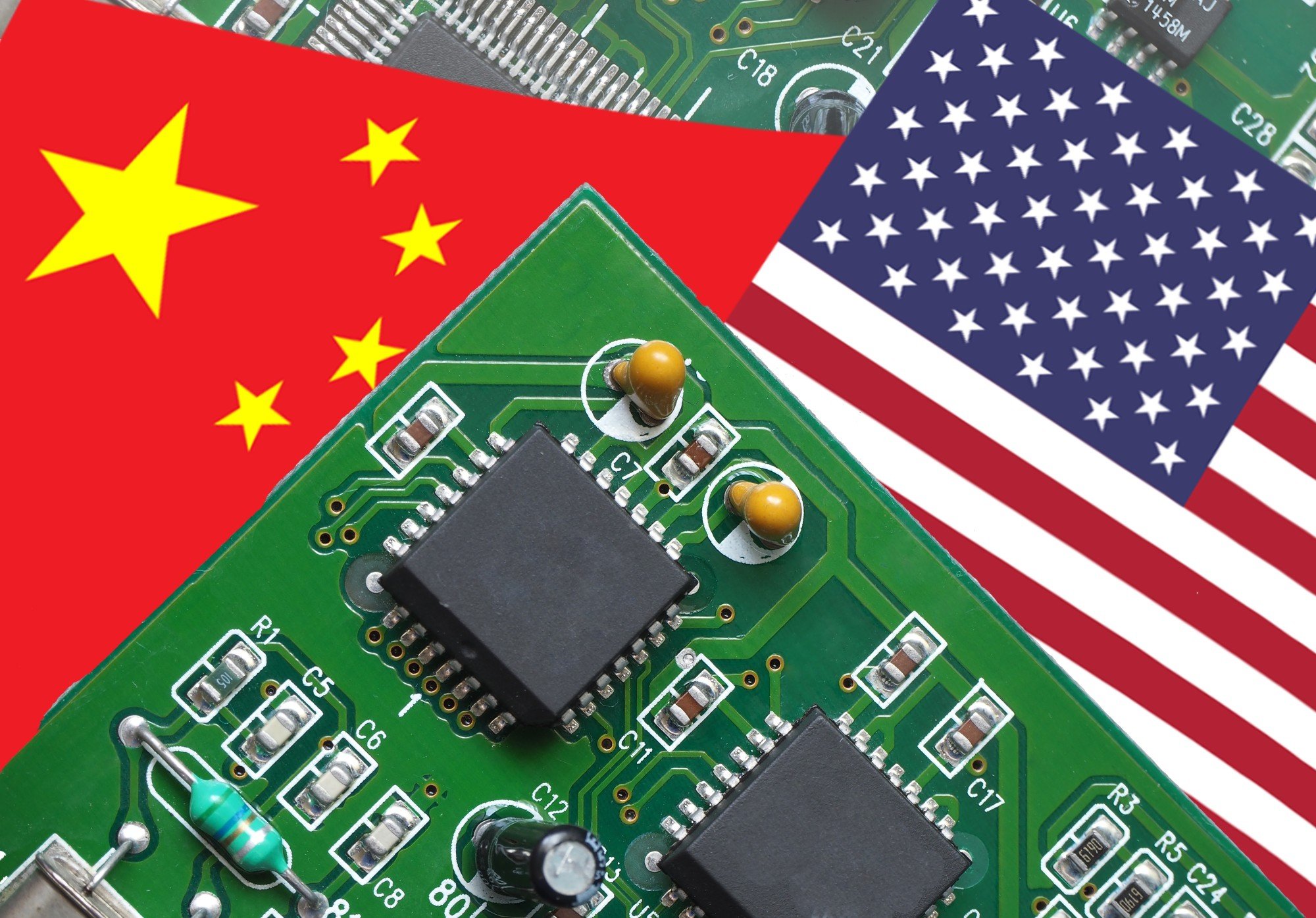
China’s hi-tech self-sufficiency quest faces 3 barriers – but 1 potential huge pay-off
China wants to boost its tech self-reliance, while the United States and its Western allies are blocking Chinese firms from accessing advanced chips
The US, Japan and the Netherlands have banned advanced chip-making equipment sales to China
China wants to develop the world’s most advanced technology on its own as Western countries step up legal blockades aimed at cutting it out of the world technology trade.
Beijing has unveiled a wide range of policies to boost tech self-reliance over the past decade, providing state funding to keep pace with the United States.
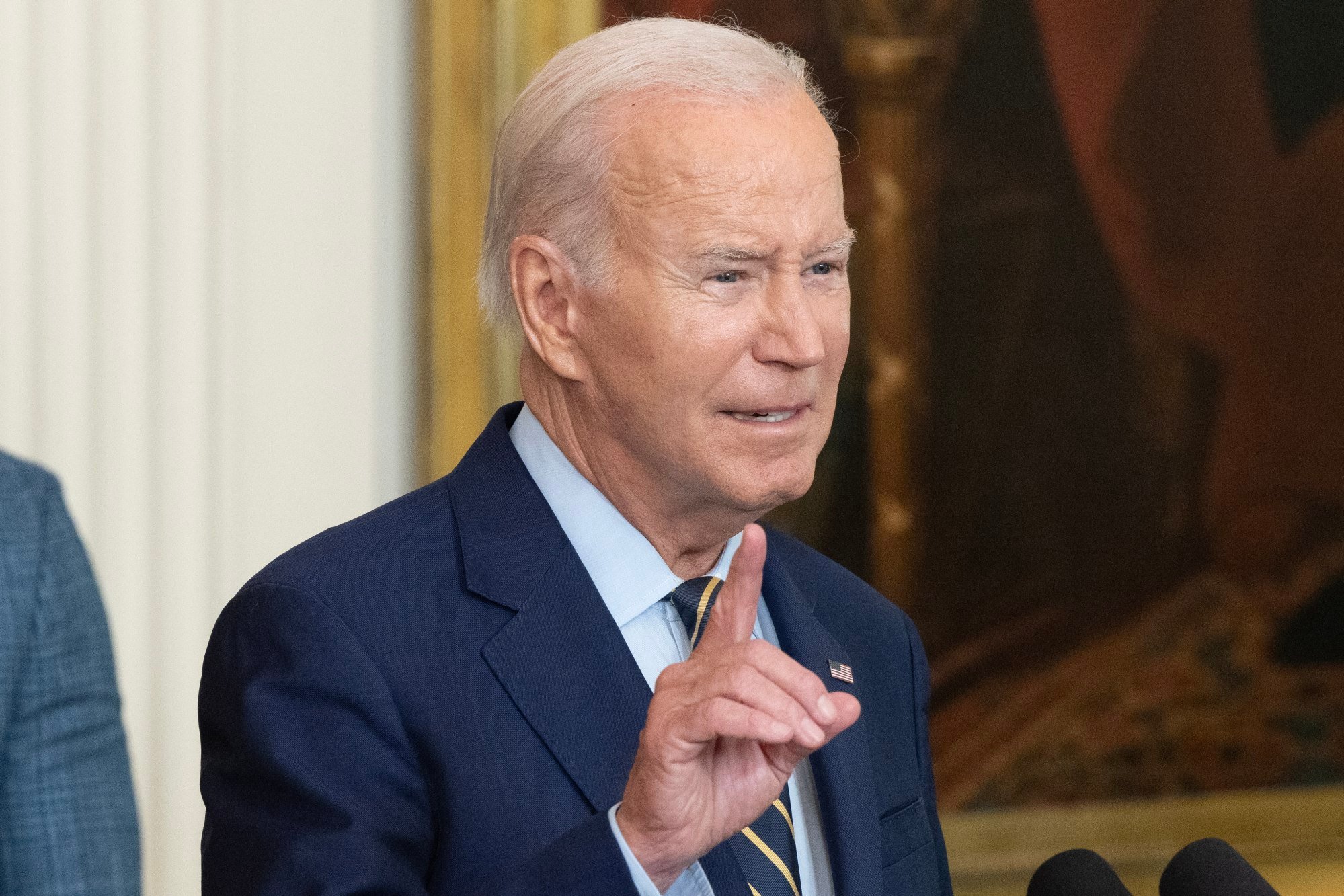
Joe Biden signs into law bill approving US-Taiwan trade agreement to boost bilateral economic ties
Agreement covers streamlining customs procedures, combating corruption and helping small businesses navigate regulatory procedures in both markets
Legislative branch’s authority asserted as law requires US trade representative to brief Congress on negotiations with Taiwan

China remains in focus as US House and Senate shape Pentagon budget bill
Both chambers’ versions of the National Defence Authorisation Act are heavy with measures to counter China on Taiwan, technology, Indo-Pacific and influence
Both versions require assessments of military options in the event of a PLA attack on Taiwan, including a blockade of fuel to China
After months of combing through more than 1,000 amendments, the US Senate finally passed its version of the National Defence Authorisation Act last week – and as has been the case in recent years, it was ripe with measures to counter China.
The NDAA, legislation that establishes the top-line budget and directs policy for the Pentagon for the coming financial year, is a “must-pass” bill because its enactment is required for members of the military to receive their pay and benefits on time. As a result, provisions not strictly tied to defence often make it into the bill.
Global Impact is a weekly curated newsletter featuring a news topic originating in China with a significant macro impact for our newsreaders around the world.
Advertisement
